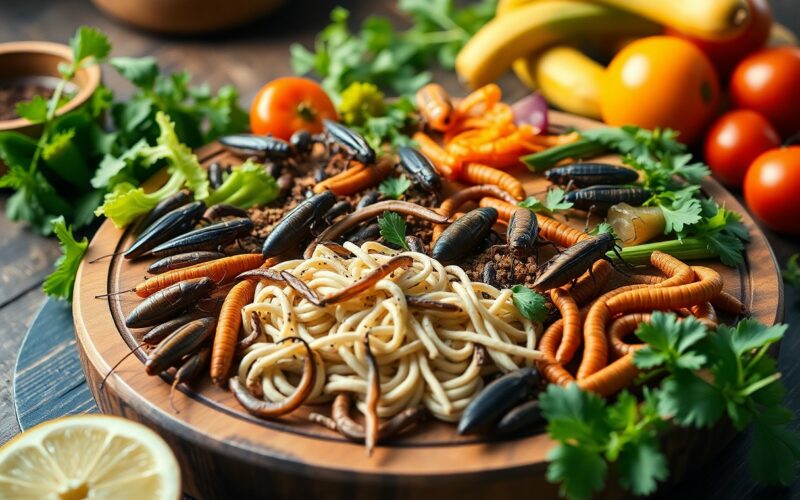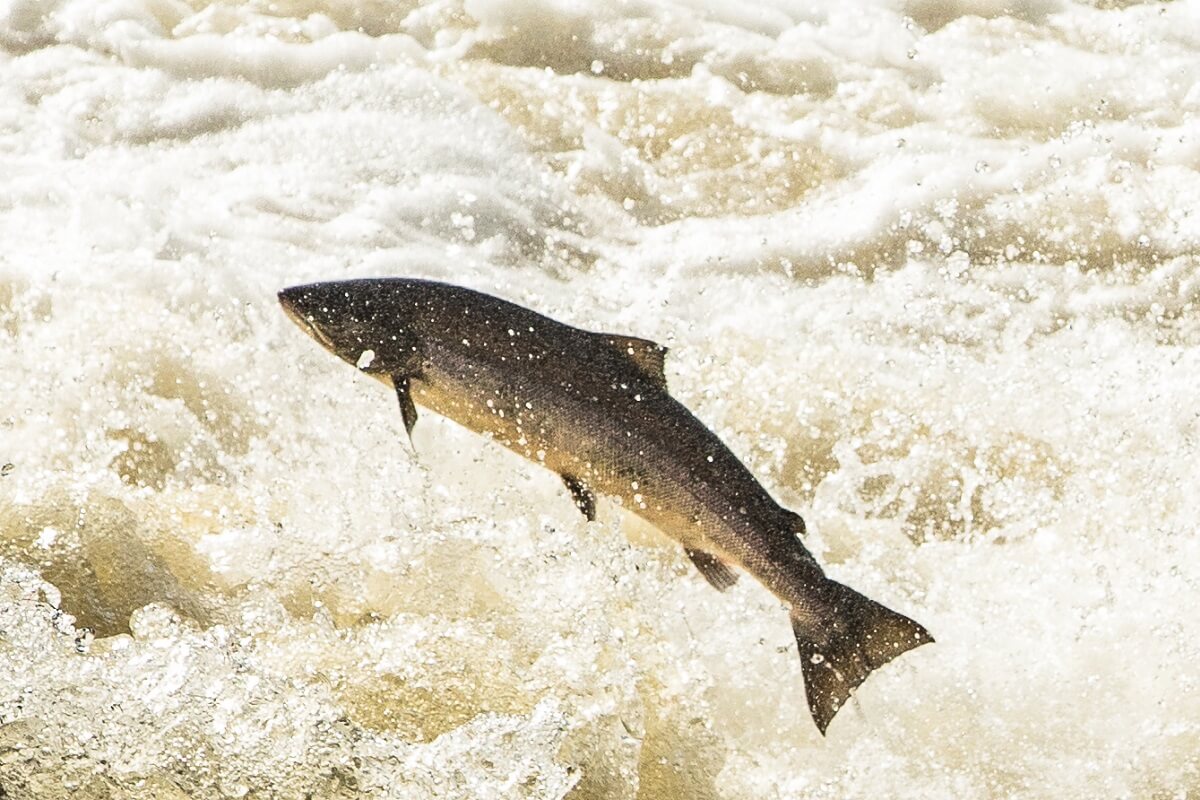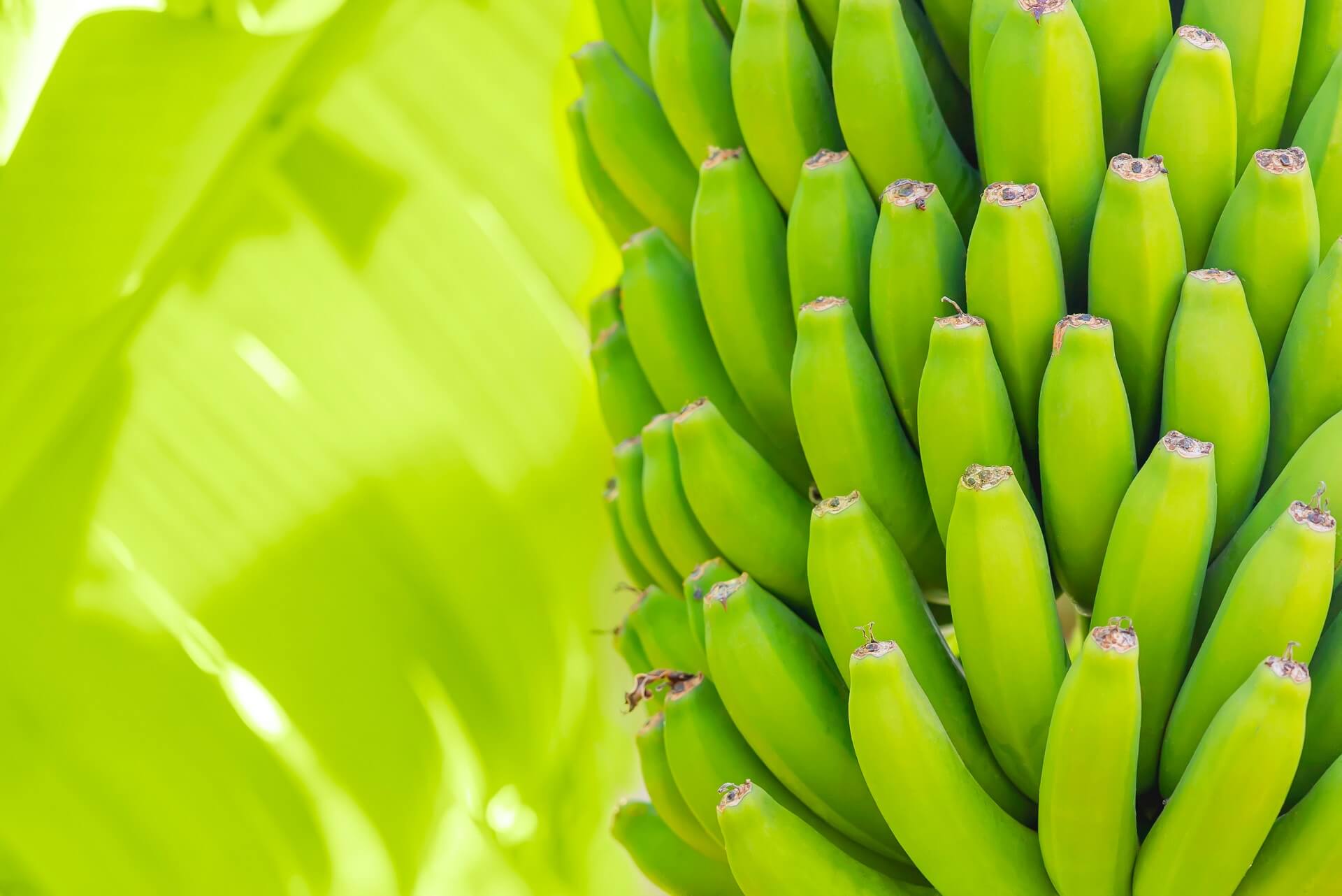Food sustainability is becoming increasingly important, and you may have heard whispers about insects as a viable protein source. With the global population expected to reach nearly 10 billion by 2050, traditional animal farming methods can pose serious environmental threats. By integrating insects into your diet, you could not only reduce carbon emissions but also benefit from their high nutritional value. This blog explores the positive and negative aspects of insect consumption, showing you why it might just be the future of food.
Table of Contents
Key Takeaways:
- Insects are a highly sustainable protein source, requiring significantly less land, water, and feed compared to traditional livestock.
- They produce lower greenhouse gas emissions, making them a more environmentally friendly option for food production.
- Insects are rich in important nutrients such as proteins, vitamins, and minerals, contributing to a balanced diet.
- Cultural acceptance of eating insects varies worldwide, but increasing awareness about sustainability is pushing more regions to consider them as a viable food source.
- The food industry is exploring innovative ways to incorporate insects into various products, enhancing their visibility and appeal to consumers.

Nutritional Benefits of Insects
The nutritional benefits of insects are impressive and can play a significant role in addressing global food security challenges. With increasing populations and diminishing resources, you may find that incorporating insects into your diet offers a sustainable and nutrient-rich alternative to traditional animal proteins. Not only do insects come with a lower environmental footprint, but they are also packed with necessary nutrients that cater to your dietary needs.
High Protein Content
To understand why insects are gaining popularity as a food source, consider their remarkable protein content. Many edible insects can contain anywhere from 30% to 80% protein by weight, making them an excellent source for building and repairing tissues in your body. This high protein density means that by including insects in your diet, you effectively increase your intake of protein without needing large portions, which is particularly beneficial for those looking to maintain a healthy weight or build muscle.
Essential Vitamins and Minerals
Insects are not only high in protein but also serve as a rich source of necessary vitamins and minerals that your body needs to function optimally. They contain vital nutrients such as iron, zinc, magnesium, and B vitamins, which contribute to various bodily functions, including energy metabolism and immune support. This diverse nutrient profile makes insects a valuable addition to your diet, filling gaps that might be present when relying solely on conventional food sources.
In fact, consuming insects can offer your body a multitude of health benefits due to their high concentration of various micronutrients. For instance, the iron found in insects can be more bioavailable than that found in plant-based foods, enhancing your body’s ability to absorb it. Additionally, the presence of healthy fats, including omega-3 and omega-6 fatty acids, further amplifies the nutritional appeal of insects, making them a wholesome choice for your daily dietary regimen.
Environmental Impact
Clearly, the environmental impact of food production has become a pressing concern for many. Traditional livestock farming contributes to significant deforestation, water usage, and habitat destruction. In contrast, insects offer a more sustainable alternative. They can be farmed with much less land, water, and feed, and can thrive on organic waste, which minimizes the overall ecological footprint. As you embrace the idea of eating insects, you become part of a movement that aims to reduce the strain on our planet’s resources while still providing nutritious food to a growing population.
Sustainable Farming Practices
On your journey towards a more sustainable lifestyle, you will find that insect farming is significantly less resource-intensive than conventional animal husbandry. Insects can be raised in vertical farms, allowing for efficient use of space and minimizing the need for extensive land clearance. Additionally, these farms often utilize closed-loop systems, which means they can recycle nutrients and waste, creating a more sustainable ecosystem. By choosing insect-based foods, you’re supporting farming practices that promote environmental stewardship.
Reduced Greenhouse Gas Emissions
Any discussion about climate change must include the impact of food production on greenhouse gas emissions. Livestock such as cattle and sheep produce methane, a potent greenhouse gas, during digestion. In comparison, insects emit far lower levels of greenhouse gases. When you opt for insect protein, you are significantly contributing to a reduction in climate-altering emissions, making a positive choice for the future of our planet.
It’s vital to recognize that adopting insect consumption can play a significant role in achieving a more sustainable food system. Insects are produced with 20 times less CO2 emissions compared to cattle, making them an attractive option for anyone concerned about their carbon footprint. Additionally, their efficient feed conversion rates mean that less feed is needed to produce the same amount of protein. By including insects in your diet, you actively participate in a viable solution to combat greenhouse gas emissions and contribute to a healthier planet.
Economic Advantages
All around the globe, the push for sustainable food sources has put edible insects in the spotlight, highlighting their economic advantages. As the cost of traditional livestock farming continues to rise due to factors such as feed and land prices, insects provide a more efficient and cost-effective protein source. According to experts, Are Edible Insects the Future of Alternative Protein? explores the potential of insects as a solution, stating that they can convert feed into protein at an astonishingly efficient rate. This lesser resource expenditure in terms of water and land, combined with their rapid growth cycles, positions insects as a sustainable alternative that can alleviate the economic pressures on food systems worldwide.
Lower Production Costs
Any consideration of economic benefits points to the significantly lower production costs associated with farming insects. Unlike traditional livestock, which requires vast amounts of feed and water, insects thrive on organic waste and consume far less resource overall. For you as a producer or consumer, this means that the cost per gram of protein could dramatically decrease as the industry grows and scales. In addition, insects have a much smaller environmental footprint, leading to overall savings in associated costs like land use and greenhouse gas emissions.
Job Creation in New Sectors
With the ongoing emergence of insect farming and processing industries, there is a compelling argument to be made about the potential for job creation in new sectors. As demand for insect-based food products grows, so too will the need for a workforce to support their production, processing, distribution, and marketing. You may find that opportunities arise in agricultural technology, logistics, and food innovation, creating a robust job market designed to support this burgeoning sector.
But it’s important to recognize that the shift towards edible insects will require adaptation and learning within the workforce. Training programs and educational initiatives will be vital to equip individuals with the knowledge and skills necessary to thrive in this new economy. As the industry expands, your involvement in these new opportunities could not only be beneficial for personal growth but also contribute to a more sustainable and resilient economy moving forward.

Cultural Perspectives on Entomophagy
After exploring the nutritional benefits and environmental impact of eating insects, it’s important to consider the cultural perspectives surrounding entomophagy. In many parts of the world, consuming insects is a tradition deeply rooted in history. Countries in Asia, Africa, and Latin America have long embraced insects as a vital part of their diets, viewing them not only as a source of protein but also as culinary delicacies. For you to fully appreciate the potential of edible insects, understanding diverse cultural attitudes is key. A comprehensive overview of this subject can be found in the article Edible insects as future food: chances and challenges, which discusses both the acceptance and obstacles that entomophagy faces globally.
Global Acceptance and Dietary Trends
For many societies, the acceptance of insects as food is gradually increasing, driven by a combination of health trends, sustainability awareness, and gastronomic experimentation. You may find that culinary trends are shifting toward integrating insects into mainstream diets, with innovative recipes and products emerging to cater to health-conscious consumers. As urbanization and climate concerns grow, insects present a sustainable alternative, offering a way to address food security without placing further strain on traditional agricultural systems.
Overcoming Stigma
With any cultural shift comes resistance, and the notion of eating insects often carries a stigma in Western society. Many people associate insects with dirtiness or pests, dismissing their potential as nutritious food sources. To change these perceptions, it’s important for you to engage with the benefits of including insects in your diet, focusing on sustainability and nutritional value. You’ll discover that increasing awareness through education and culinary experiences can help break down these barriers, making insects more approachable and appealing.
Another effective strategy in overcoming stigma is to challenge the misconceptions formed by cultural differences. As you explore the culinary potential of insects, consider how other societies view these creatures as a *natural* and *healthy* food source. By doing so, you might just help pave the way for greater acceptance in regions where entomophagy is currently met with hesitation. Consequently, as the conversation around food sustainability and innovative dietary solutions expands, the stigma associated with insects may diminish, allowing for a broader appreciation of their value as a *sustainable protein source*.

Safety and Regulation
Many people wonder about the safety of consuming insects as a food source. The idea of integrating insects into your diet may be intriguing, but it’s vital to understand the health risks and the regulatory frameworks governing this practice. If you’re interested in how humans eating insects could help save the planet, you can check out this article How Humans Eating Insects Could Help Save the Planet. Insect farming has the potential to be more sustainable compared to traditional livestock, but without proper safety measures and regulation, potential risks could arise.
Health Risks and Management
An important aspect of incorporating insects into your diet is understanding the potential health risks. Insects can pose a risk of exposure to allergens, which may particularly affect you if you have shellfish allergies, as the proteins are somewhat similar. Additionally, the farming practices need to manage diseases and contaminants to ensure that the insects you consume are safe. Proper cooking and preparation methods are vital to eliminate pathogens and parasites that may be present in insect meat.
Regulatory Frameworks
Regulation of insect consumption is still evolving, and different countries have varied approaches to the approval and safety assessment of insects as food. Governments establish guidelines to ensure the safety and quality of insect products, which involves monitoring farming practices, processing, and food handling. It’s vital for organizations that deal with this new food source to work within these guidelines to protect your health and the integrity of the food supply.
Consequently, as the popularity of insect consumption grows, you can expect advancements in regulatory frameworks to continue adapting. Various nations are already starting to set up clear standards for insect farming and processing to aid in consumer safety. Regulatory bodies will play a pivotal role, ensuring that the insects you find in supermarkets or on menus are both healthy and safe for your consumption, while fostering a more sustainable food system.
Innovative Culinary Applications
For those willing to explore the world of entomophagy, the culinary possibilities are both exciting and varied. You can incorporate insects into your meals in ways that elevate traditional dishes or introduce entirely new flavors to your palate. From adding crunchy roasted crickets to salads for a protein boost to integrating mealworms into burgers as a sustainable meat alternative, the versatility of insects makes them an appealing ingredient for any home chef. Additionally, you can experiment by grinding insects into flour, providing a nutritious base for pancakes, muffins, or pasta that is rich in protein and other nutrients.
Cooking Techniques and Recipes
By utilizing various cooking techniques, you can make insects a seamless part of your culinary repertoire. Roasting, frying, and sautéing are popular methods that enhance the flavor and texture of insect proteins. You might prefer to create insect-based energy bars or granola with cricket flour, or even whip up a savory stir-fry loaded with your choice of edible bugs. Incorporating insects into these familiar formats can help bridge the gap for those new to trying insects, allowing you to appreciate their distinct flavor profiles while benefiting from their high nutritional value.
Insects in Processed Foods
Below, the inclusion of insects in processed foods is gaining momentum, presenting you with convenient and nutritious options. Snacks infused with cricket powder or energy bars featuring larvae are becoming increasingly popular, as manufacturers recognize the sustainable benefits and health advantages they offer. You may find that these products not only contribute to your dietary diversity but also support a more eco-friendly food system. This trend represents a significant shift in how you might approach your diet, marrying innovation with sustainability.
Even as you consider the future, it’s important to recognize that insects can serve as a valuable source of protein and nutrients in various processed food items. These products are often designed to maintain the delicate balance between taste, health, and texture, ensuring that you do not have to compromise on quality while making sustainable choices. The positive environmental impact of consuming insects, coupled with growing culinary advancements, makes this trend an exciting development in the food industry that you might want to stay informed about.
To wrap up
Conclusively, you have the opportunity to embrace a significant shift in the global food system by considering a diet that includes insects. With their high protein content, low environmental impact, and nutritional benefits, insects represent a sustainable alternative to traditional livestock. As the global population continues to grow, exploring such alternatives could not only help in addressing food security but also in mitigating climate change, reducing land and water usage. By integrating insects into your diet, you are participating in a movement that advocates for resilience and sustainability in our food sources.
Moreover, as more chefs and food innovators begin to experiment with insects in various culinary forms, you will have access to a diverse range of flavors and textures that can enrich your dining experience. It is important for you to engage with this topic, educate yourself on the benefits and possibilities, and encourage conversations around the acceptance of insects as food. Ultimately, by considering insects as a viable food source, you not only contribute to a healthier planet but also explore new culinary horizons that could redefine your relationship with food.
FAQ
Q: Why are insects considered a sustainable source of protein?
A: Insects require significantly less land, water, and feed compared to traditional livestock. For example, producing one kilogram of beef might require over 15,000 liters of water, while crickets need only about 1,500 liters. Furthermore, insects have a high feed conversion rate, meaning they can convert feed into body mass more efficiently, leading to reduced environmental impact.
Q: What are the nutritional benefits of eating insects?
A: Insects are rich in high-quality protein, healthy fats, vitamins, and minerals. They often contain comparable or even higher levels of protein than beef or chicken, and they can be rich in omega-3 and omega-6 fatty acids, important for maintaining good health. Additionally, many edible insects provide significant amounts of B vitamins, iron, and zinc, contributing positively to a balanced diet.
Q: How does eating insects impact food security?
A: Insects have the potential to enhance food security in several ways. They can be farmed in various environments, including urban settings, and require less space and resources to raise. This means that communities can grow insect farms close to where they live, improving access to nutritious food. Additionally, as the global population continues to grow, insects can help meet the increasing demand for protein without putting more strain on traditional agricultural systems.
Q: Are there any challenges associated with incorporating insects into our diets?
A: While the benefits are numerous, several challenges exist in promoting insect consumption. Cultural perceptions and acceptance play significant roles; in many Western countries, eating insects is often viewed as unappetizing or exotic. Additionally, regulatory frameworks need to be established to ensure safety and quality in insect farming and processing, which could initially slow down widespread adoption.
Q: How can people start incorporating insects into their daily diets?
A: There are many ways to start including insects in meals. Edible insects can be found in health food stores or specialty markets in various forms, such as protein powders, snacks, or even whole insects. Creative cooking techniques can incorporate insect protein into everyday dishes—think protein bars, pasta, or even baked goods. Starting with insect-based snacks or adding cricket flour to recipes can be a gentle introduction for those hesitant about trying whole insects.

Our contributing author is a passionate advocate for eco-friendly living and sustainability. With a background in eco-life, they are dedicated to inspiring and empowering individuals to adopt environmentally conscious lifestyles. Through insightful articles, they share practical tips, innovative solutions, and thought-provoking perspectives to promote a greener, more sustainable world. Join them on the journey towards eco-smart living and discover how small choices can make a big impact. 🌱









